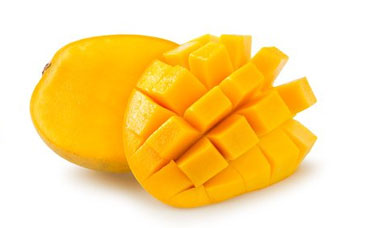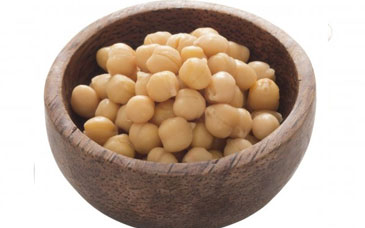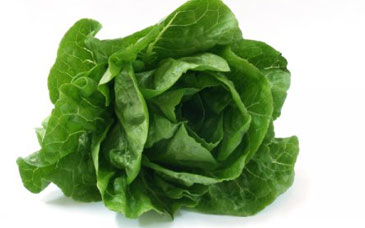
1. Sweet Potatoes
Sweet potatoes are nutritional superstars. They’re loaded with carotenoids, and are a good source of potassium and fiber. Toss sweet potato wedges with a bit of olive oil and roast until tender and lightly browned. Sprinkle with a spice or two, such as cinnamon or chili.

2. Mangoes
About a cup of mango supplies 100% of a day’s vitamin C, one-third of a day’s vitamin A, a decent dose of blood-pressure-lowering potassium, and 3 grams of fiber.

3. Plain (0%) Greek Yogurt
Fat-free (0%) unsweetened greek yogurt has a pleasant tartness that’s a perfect foil for the natural sweetness of berries, bananas, or your favorite whole-grain cereal. It’s strained, so even the 0% fat versions are thick and creamy. And the lost liquid means that the yogurt that’s left has twice the protein of ordinary yogurt.

4. Broccoli
It’s loaded with vitamin C, carotenoids, vitamin K, and folate. Steam until its bright green and just tender. Add a sprinkle of parmesan cheese and a spritz of fresh lemon juice.

5. Oatmeal
Whether it’s quick, old-fashioned, or steel-cut, oatmeal makes a hearty whole-grain breakfast. Each ½ cup (dry) of plain rolled oats has 4 grams of fiber, and roughly half is the soluble kind that helps lower cholesterol. Top your cooked oatmeal with toasted almond slivers and bananas instead of sugar or salt. Or try diced apple with cinnamon and raisins, or diced pear with walnuts and nutmeg.

6. Chickpeas
All beans are healthy beans. They’re rich in protein, fiber, copper, folate, iron, magnesium, potassium, and zinc. But chickpeas stand out because they’re so versatile. Look for no-salt-added varieties. Add a handful to your tossed salad, or stir them into your vegetable stews, curries, and soups.

7. Watermelon
Watermelon is a heavy weight in the nutrient department. A standard serving (about 2 cups) has one-third of a day’s vitamins A and C, a nice shot of potassium, and a healthy dose of lycopene for only 90 fat-free, salt-free calories. And when they’re in season, watermelons are often locally grown, which means they may have a smaller carbon footprint than some other fruits.

8. Asparagus
This giant veggie is one of the most nutritionally well-balanced vegetables — high in folic acid and a good source of potassium, fiber, thiamin, and vitamins A, B6, and C. A 5-ounce serving provides 60% of the RDA for folic acid and is low in calories.

9. Leafy Greens
Don’t miss out on powerhouse greens like kale, collards, spinach, mustard greens, and Swiss chard. These standout leafy greens are loaded with vitamins A, C, and K, folate, potassium, magnesium, calcium, iron, and fiber. Sauté in a bit of olive oil with minced garlic and season with ground black pepper and red wine vinegar.

10. Carrots
Carrots are rich in vitamins, minerals, and fiber. They are also a good source of antioxidants.
Antioxidants are nutrients present in plant-based foods. They help the body remove free radicals; unstable molecules that can cause cell damage if too many accumulate in the body.
